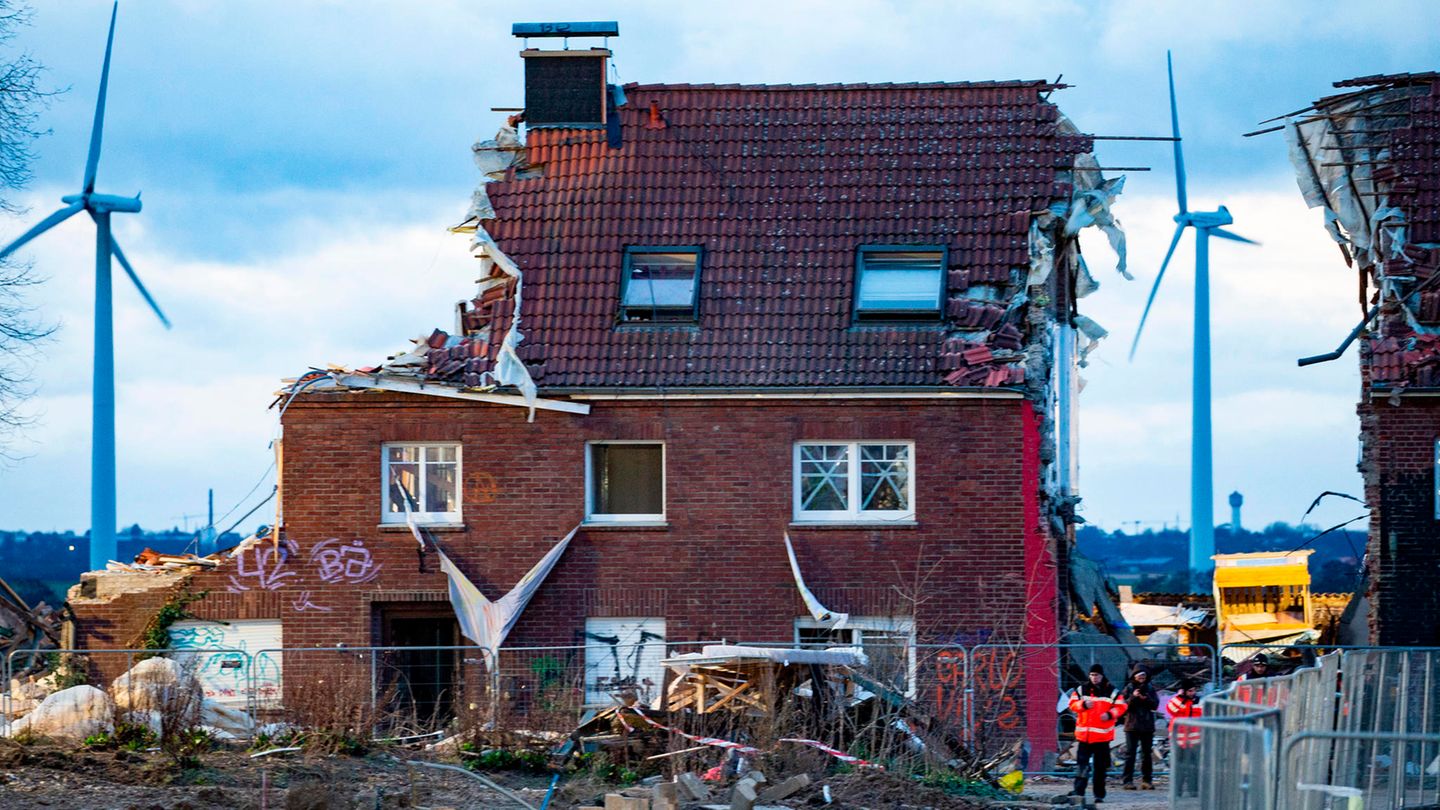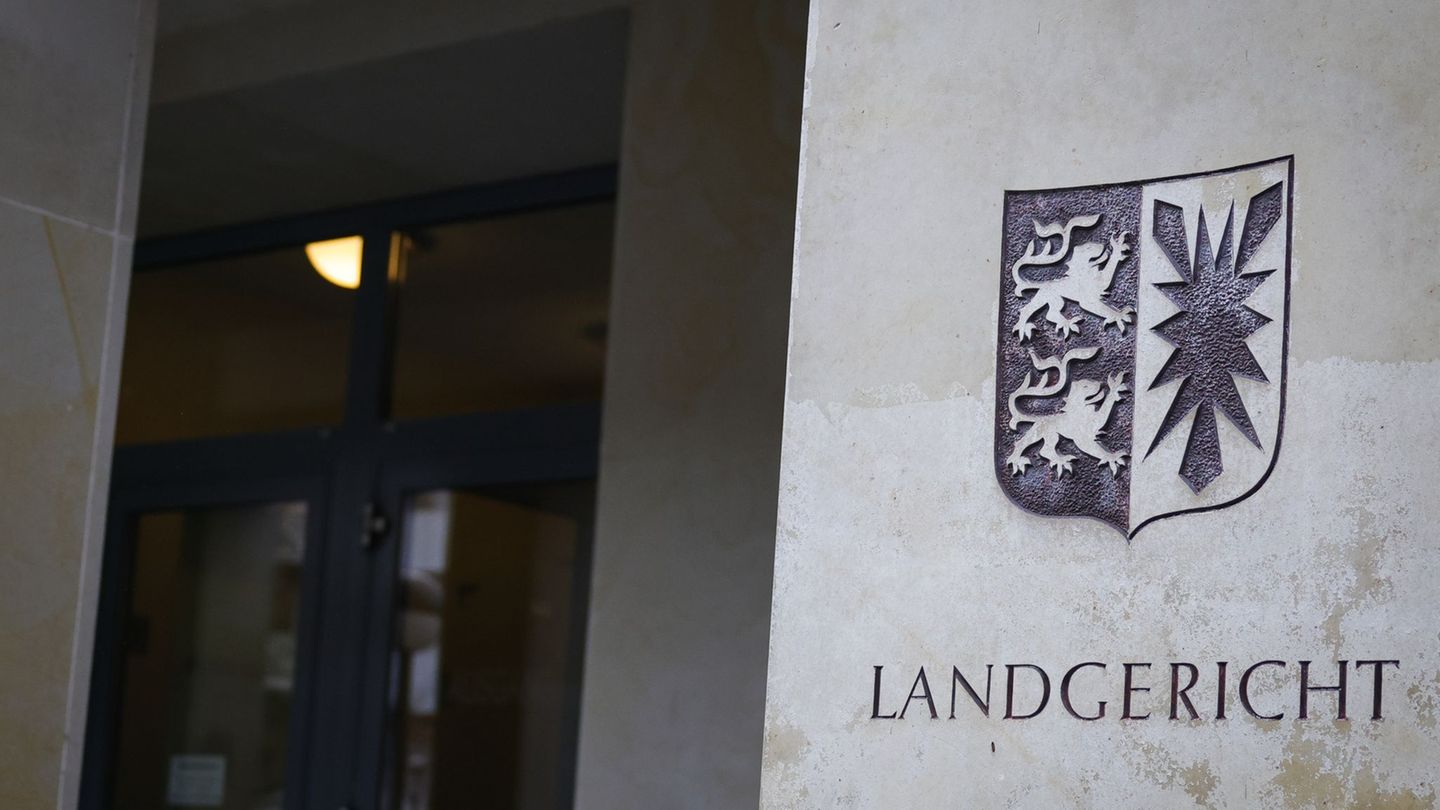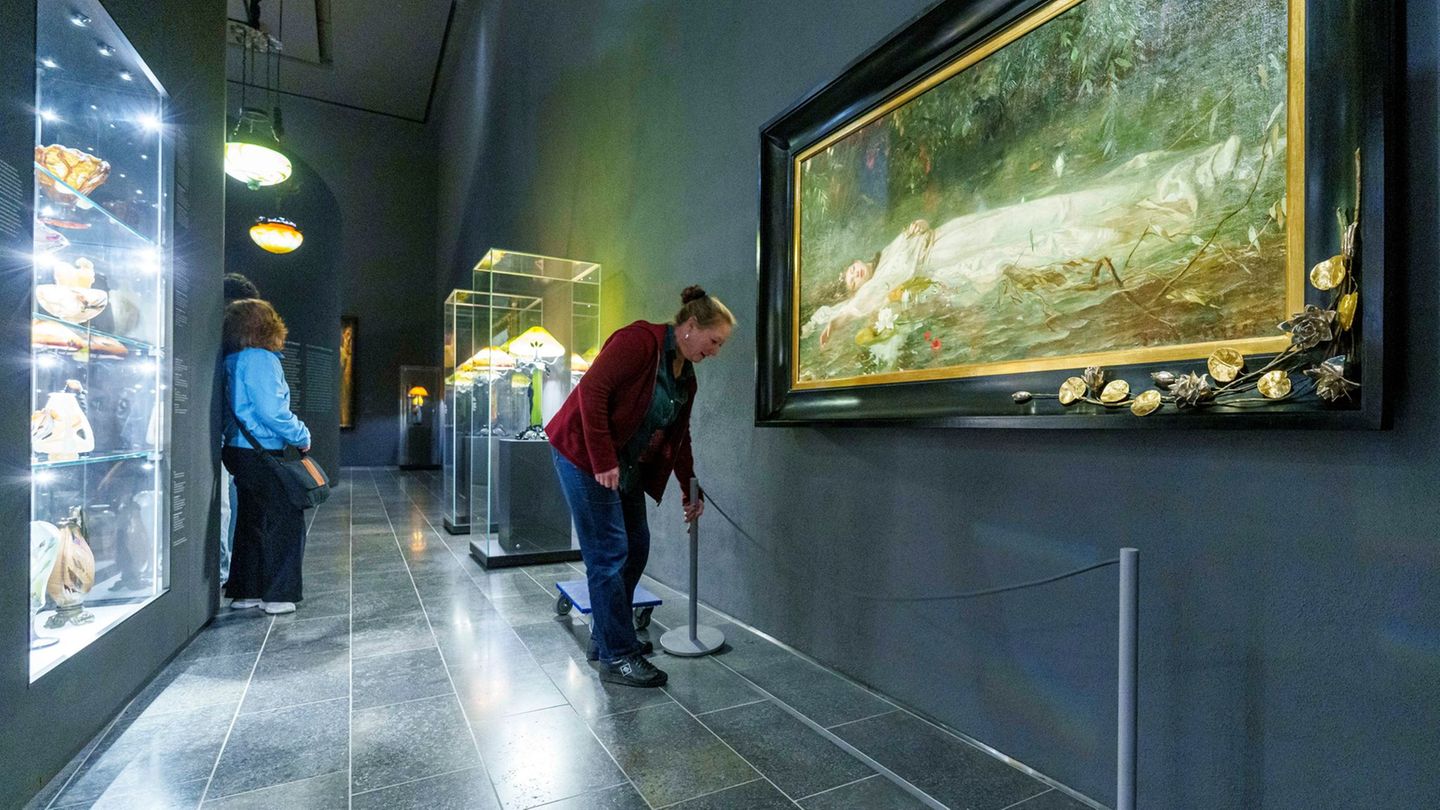The occupation of Lützerath by climate protectors is largely over. The police almost cleared the place. Activists and emergency services accuse each other of violence. This is how the press comments on the clashes.
The protests by climate activists in Lützerath have made the headlines in recent days. The police began clearing the occupied area on Wednesday. This led to clashes between demonstrators and emergency services – both sides accuse each other of acts of violence. According to the police, only two climate protectors are now holding out in an underground tunnel in Lützerath.
On Thursday, activists from several climate protection organizations also occupied the Green Party office in Düsseldorf to protest against the party’s position on the eviction of Lützerath. After more than ten hours, police officers ended the occupation. The Greens are part of the government coalition both at federal level and in the state of North Rhine-Westphalia and support the compromise that allows the energy company RWE to expand the Garzweiler opencast lignite mine and to mine the coal under Lützerath.
This is what the press says about the dispute over Lützerath:
“Hanoversche Allgemeine Zeitung”: “The environmental movement learned in the 1970s and 1980s that nothing happens without pressure from the streets. At least not enough. Symbols like Wackersdorf, where a reprocessing plant was prevented, or Gorleben, where the nuclear repository was dumped, were milestones in a movement , which overturned the majority opinion and against which politics could not prevail in the end. The demonstrators in Lützerath must also rely on this: that it was never about a few farms, but about convincing the citizens that we have to stop with this landscape -, nature and climate destruction.”
“Nuremberg News”: “The Greens dare the greatest balancing act – between pragmatism and pure willingness to compromise (like Habeck and his NRW colleague Mona Neubaur) and radical protest (like members who occupy party headquarters). So understandable the absoluteness of the “last generation” in view of alarming climate data is: Politics still cannot do without compromises. However, even the traffic light in terms of climate offers decidedly too little of this – and thus ensures an unnecessary hardening of the fronts.”
“North Bavarian Courier” (Bayreuth): “The fact that the 1.5-degree limit runs directly in front of Lützerath is an exacerbation. In Lützerath, people’s fear of the future on earth becomes clear, and it should be taken seriously. It’s too early to assess how Lützerath will change the climate movement and political decisions. It is clear that the pressure on the Greens to finally show that they are serious about climate protection is significantly higher after Lützerath.”
Dispute in the coalfield
Protest in the mud: Thousands demonstrate in the pouring rain in Lützerath – the pictures
“Cologne City Gazette”: “The environmental movement learned in the 1970s and 1980s that nothing happens without pressure from the streets. That’s also the point where politicians like North Rhine-Westphalia Prime Minister Hendrik Wüst are wrong when they say that in a constitutional state there must be an end to it at some point Discussions about things that parliaments and courts have long since decided. It’s true: In the rule of law, only the legal process is binding. But it would be wrong not to be allowed to protest against it. How else would democracy be able to learn? That’s why protests by minorities are legitimate. Mind you: peaceful protests. But the vast majority in Lützerath stuck to that, as did the many sympathizers in the rest of the republic.”
Source: Stern
David William is a talented author who has made a name for himself in the world of writing. He is a professional author who writes on a wide range of topics, from general interest to opinion news. David is currently working as a writer at 24 hours worlds where he brings his unique perspective and in-depth research to his articles, making them both informative and engaging.




